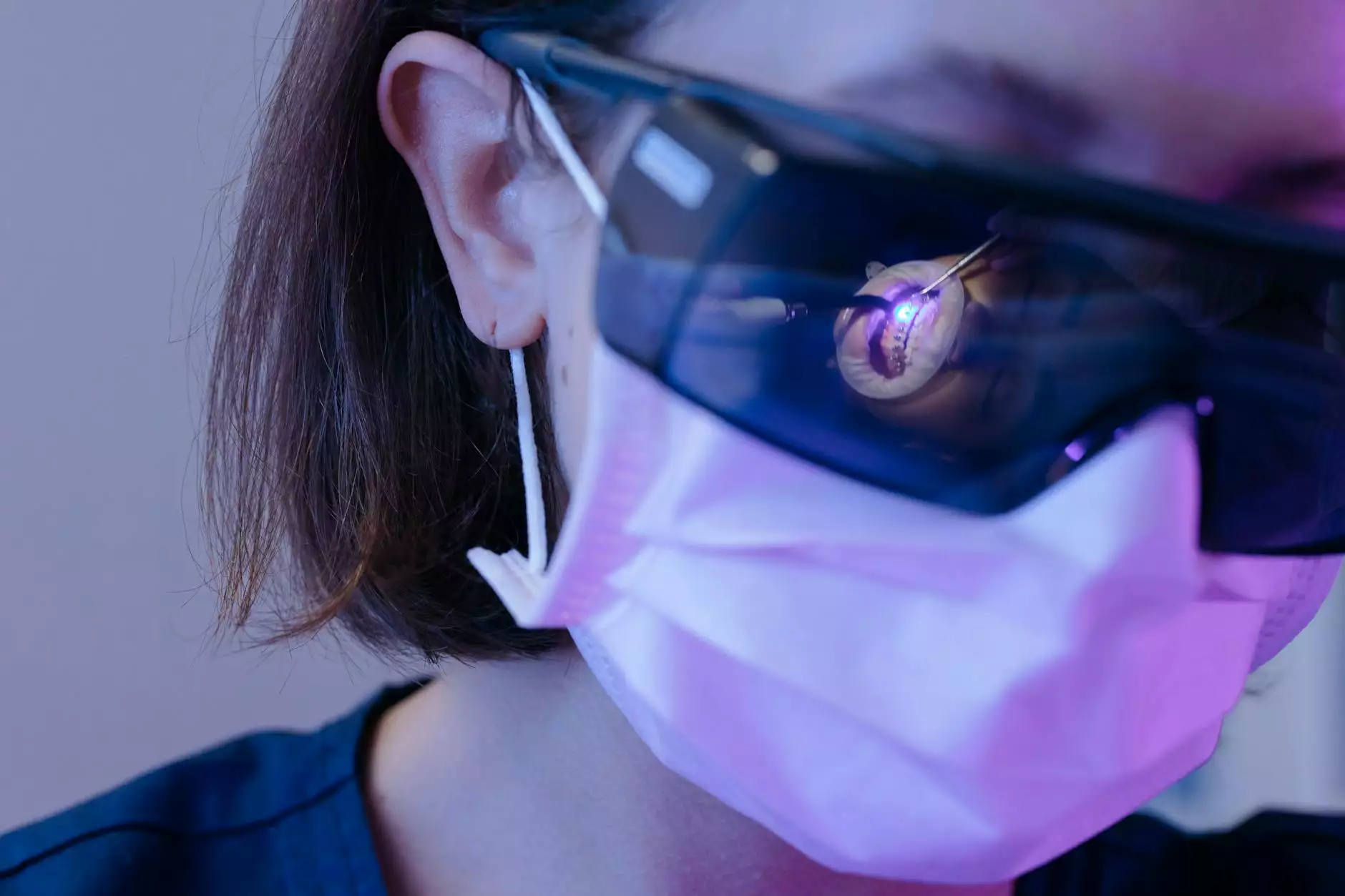Understanding **Dental Costs**: A Detailed Guide

When it comes to maintaining your oral health, dental costs play a crucial role in the decisions you make about your care. Whether you are seeking routine screenings, major corrective work, or specialized treatments, understanding the factors that influence dental costs can help you make informed choices and manage your budget effectively. This comprehensive guide will explore various aspects of dental costs, offering insights that are essential for anyone considering dental care.
What Influences Dental Costs?
The landscape of dental costs is complex, shaped by multiple factors including location, type of treatment, and the expertise of the dentist. Here, we break down the primary influencers of dental costs:
1. Geographic Location
Your location has a significant impact on the dental costs you may incur. Urban areas tend to have higher costs due to increased overhead for dental practices, whereas rural areas may offer more affordable services. Understanding regional variations can help you plan your budget:
- Urban Areas: Higher demand and costs.
- Rural Areas: Often have lower prices, but access may be limited.
2. Type of Dental Procedure
Not all dental procedures are created equal, and their pricing can vary widely. Here are some common procedures and their potential costs:
- Preventive Care: Regular check-ups and cleanings may range from $75 to $200.
- Restorative Work: Fillings and crowns can cost between $150 and $3,000.
- Orthodontic Treatments: Braces or aligners can cost from $3,000 to $8,000.
- Cosmetic Procedures: Teeth whitening or veneers can range from $300 to $2,500.
3. The Dentist’s Experience and Credentials
The expertise of the dental professional you choose can also affect costs. Dentists with advanced training or specialized skills may charge more, but often bring a higher level of service. Consider the following:
- General Dentists: Typically charge lower rates; ideal for regular check-ups.
- Specialists: Such as oral surgeons or orthodontists may command higher fees due to their advanced training.
How to Budget for Dental Costs
Planning for dental costs involves a proactive approach to budgeting. Here are valuable tips to ensure you are financially prepared:
1. Understand Your Dental Insurance
Review your dental insurance policy thoroughly. Note the following:
- Coverage Levels: Know what procedures are covered and the percentage you are responsible for.
- Annual Maximums: Understand the cap on how much your insurance will pay in a year.
- Deductibles: Be aware of out-of-pocket costs that must be met before insurance kicks in.
2. Save for Out-of-Pocket Expenses
Even with insurance, out-of-pocket expenses can accumulate. Set aside funds regularly to cover expected and unexpected dental costs:
- Create a Dental Savings Fund: Regularly deposit a fixed amount each month.
- Prioritize Treatments: Schedule procedures based on urgency and available funds.
3. Look for Payment Plans
Many dental offices, including Clay Hall Dental, offer financing options. Inquire about:
- Interest-Free Payment Plans: Options that allow you to spread costs over time.
- Third-Party Financing: Services like CareCredit can be useful for larger expenses.
Common Dental Costs: What to Expect
Understanding common procedures and their associated dental costs can help you feel more prepared during your dental visits:
1. Basic Preventive Care
Routine cleanings, exams, and x-rays form the foundation of good oral health. The costs are generally low but can add up over time:
- Professional Cleanings: $75 - $150 per visit
- Exams: $50 - $150 depending on the complexity
- X-Rays: $20 - $250 based on the type (bitewings vs. panoramic)
2. Restorative Treatments
Restorative treatment costs can vary widely based on the complexity of the procedure:
- Fillings: $100 - $500 depending on the material used (composite vs. amalgam)
- Crowns: $500 - $3,000, typically depending on materials and lab fees involved
- Root Canals: $500 - $2,000 based on the tooth and complexity
3. Specialized Treatments
For those needing specialized care, here are a few examples of higher-end procedures:
- Braces: $3,000 - $8,000 based on type and duration of treatment
- Implants: $1,500 - $6,000 per implant depending on the site and materials used
- Cosmetic Dental Work (Veneers): $800 - $2,500 per tooth based on materials and provider expertise
Reducing Dental Costs: Tips for Savings
There are effective strategies to minimize dental costs while still receiving quality care:
1. Be Proactive with Preventive Care
By regularly attending check-ups and cleanings, you can catch potential issues before they escalate into more costly procedures. Consistent preventive care is crucial in maintaining oral health.
2. Research and Compare Pricing
Different dental practices may charge varying rates for similar procedures. Take the time to research and compare prices within your area. Look for reputable providers who offer transparent pricing structures.
3. Utilize Flexible Spending Accounts (FSAs)
If offered by your employer, consider using an FSA to set aside pre-tax dollars for healthcare costs, including dental expenses. This can effectively lower your overall costs.
The Importance of Regular Dental Visits
Despite the dental costs, prioritizing regular visits can lead to significant long-term savings and health benefits:
- Early Detection of Issues: Regular exams can uncover oral health issues before they require extensive treatment.
- Better Overall Health: Good oral health is linked to lower risks of systemic diseases such as heart disease and diabetes.
- Enhanced Quality of Life: Maintaininghealthy teeth improves self-esteem and quality of life.
Conclusion
Understanding dental costs is critical for navigating your oral health care effectively. By being informed about the factors that influence costs and employing strategies to manage these expenses, you can ensure that high-quality dental care remains accessible. With proactive planning and careful consideration of your options, you can make informed choices that benefit both your oral health and your financial well-being.
For personalized advice on your dental care and to get an accurate estimate of your dental costs, don't hesitate to contact Clay Hall Dental today. Together, we can prioritize your oral health without breaking the bank.









